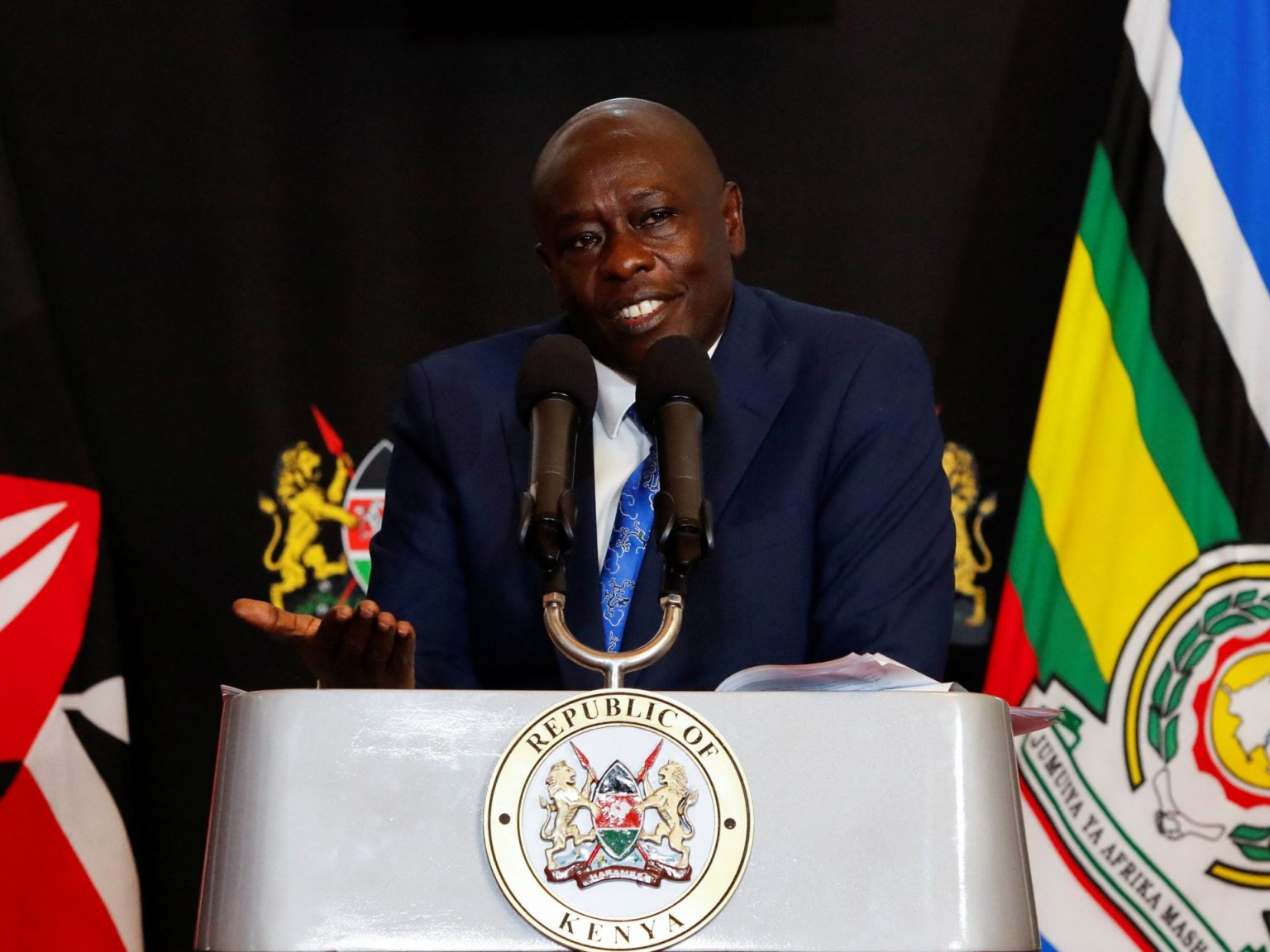The High Court in Kenya has given the green light for impeachment proceedings against Deputy President Rigathi Gachagua to continue after lawmakers voted to impeach him for abuse of office. The Senate has begun impeachment hearings against Gachagua following a ruling by the court that the proceedings are constitutional. The National Assembly had voted last week to impeach Gachagua on 11 charges, including corruption, undermining the government, and stirring ethnic hatred. Gachagua, who has denied all the charges, has described the impeachment drive as a political lynching based on falsehoods.
Despite Gachagua’s appeal in the High Court, Judge Eric Ogola ruled that the impeachment process could proceed. This paves the way for the Senate to conduct hearings and ultimately vote on his dismissal. During the opening of the proceedings, Gachagua pleaded not guilty to the 11 charges read out by the Senate clerk. Members of parliament seeking Gachagua’s removal are expected to present their case to the senators, with Gachagua set to defend himself before a vote requiring a two-thirds majority for his removal.
If impeached, Gachagua would be the first Deputy President in Kenya to exit office in this manner since the introduction of impeachment protocols in the 2010 Constitution revision. Gachagua, a prominent businessman from the Kikuyu tribe, helped secure votes for President William Ruto in the 2022 election but has since experienced a fallout with Ruto, leading to a shift in political alliances. Gachagua has alleged being sidelined by the president and has been accused of backing youth-led protests against the government in June that exposed divisions within the top leadership.
Following the protests, Ruto dismissed much of his cabinet and formed a unity government with opposition members. While Ruto has not publicly commented on the impeachment process, Gachagua acknowledged that the approval of the president was necessary for the proceedings to proceed. The rift between Gachagua and Ruto has deepened, with Gachagua facing allegations of supporting antigovernment demonstrations and being at odds with the president’s administration. The impeachment proceedings mark a significant moment in Kenyan politics and may result in the removal of Gachagua from his position as Deputy President.
The impeachment of Deputy President Rigathi Gachagua highlights the ongoing power struggles and political dynamics in Kenya, with alliances shifting and tensions rising within the government. Gachagua’s denial of the charges brought against him, coupled with his assertion that the impeachment is politically motivated, reflects the contentious nature of the proceedings. The Senate’s role in evaluating the evidence presented by both sides and reaching a decision on Gachagua’s dismissal underscores the constitutional process at play.
As the impeachment hearings unfold, the outcome will have far-reaching implications for Kenya’s political landscape and the relationship between key figures in the government. Gachagua’s potential removal as Deputy President would be a significant development and could signal further changes in leadership and policies. The decision of the Senate, as well as the response of President Ruto and other political leaders, will shape the future direction of the country and influence the dynamics of governance in Kenya. The impeachment process against Deputy President Gachagua represents a crucial moment in Kenya’s democratic journey and underscores the importance of accountability and transparency in leadership.


